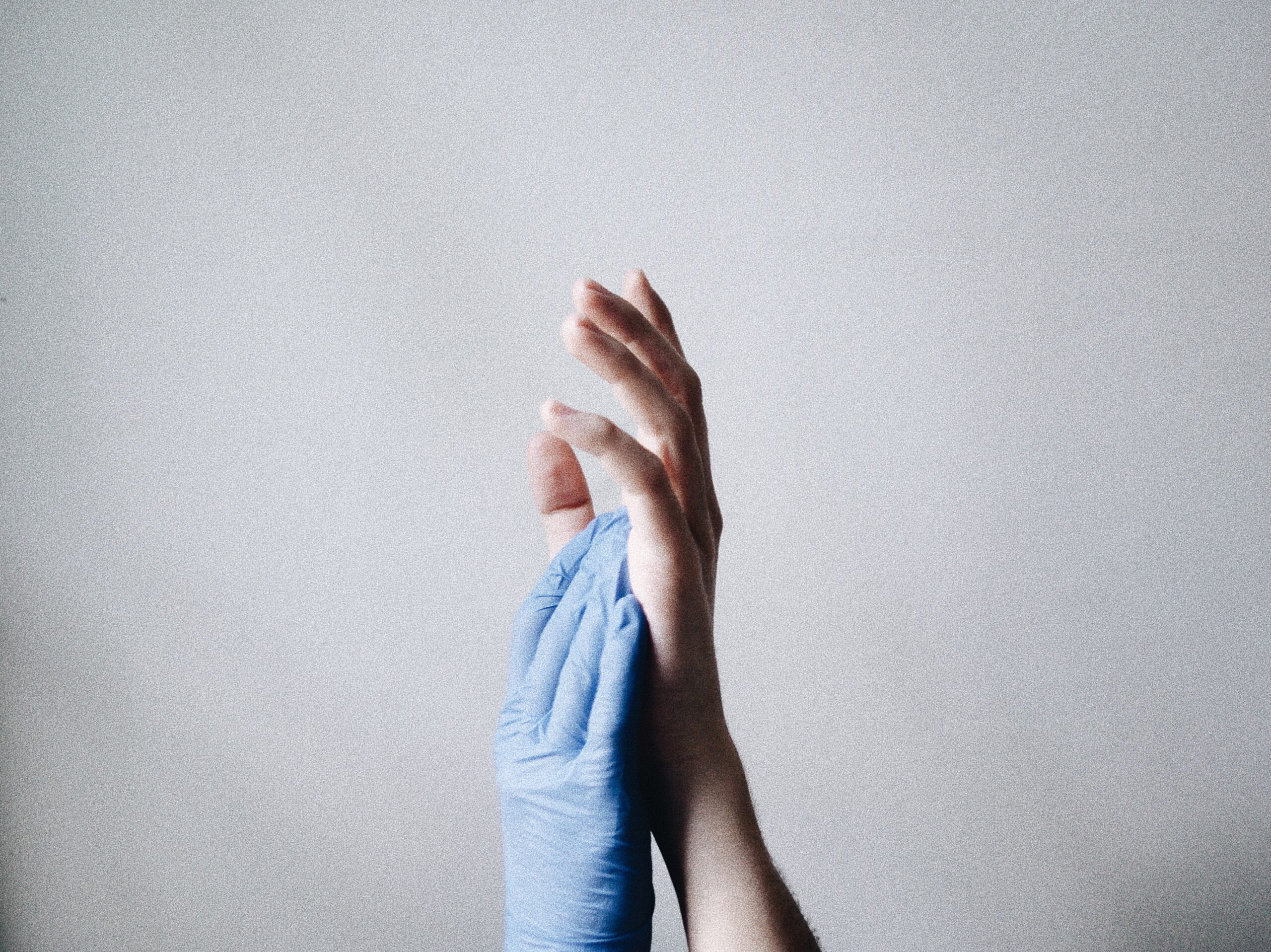
The recent COVID-19 outbreak has shocked the world by taking lives and disrupting our everyday lifestyles. With the new waves and mutations of the virus, we need to continue incorporating necessary safety precautions to keep us healthy and safe from the virus.
In this unfortunate time of the pandemic, it is now more important than ever for us to rapidly adapt to a brand-new way of life, and in particular, how we practice personal hygiene – this is especially so with the current easing of the community measures in Singapore.
COVID-19 knows no boundaries, and anyone could easily be affected. However, it is still important to continue our daily lives as normally as possible. Below are 5 simple tips and habits to integrate into our daily life to make surviving the pandemic easier while maintaining a good level of social responsibility:
Wash your hands with soap frequently
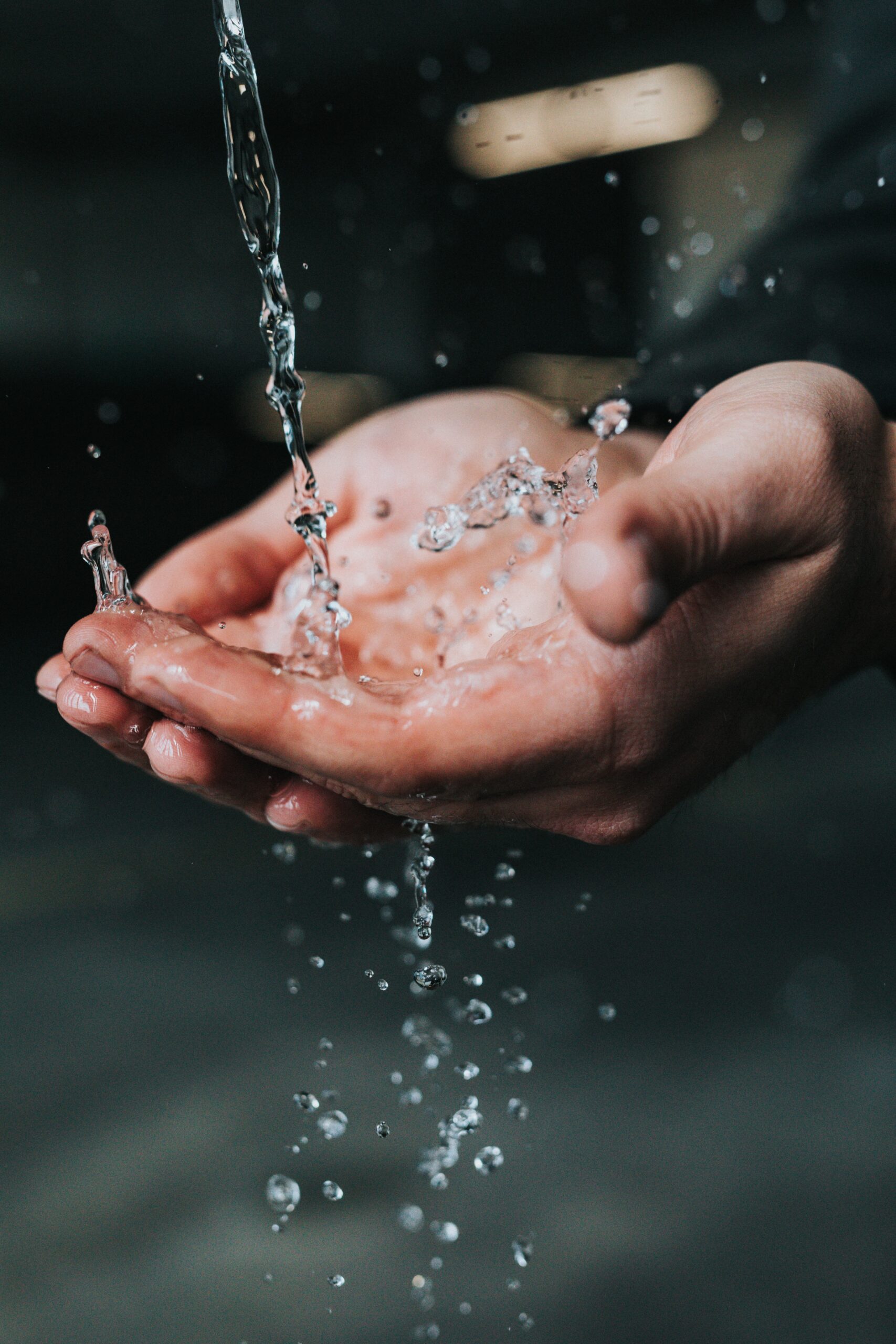
Keep your hands clean with soap where possible. If running water and soap is not readily available, using a hand sanitiser is a good alternative.
Hand-washing is the first advice you get whenever there is a virus outbreak, such as COVID-19. It is also a good habit that everyone should inculcate to improve personal hygiene.
It is recommended to wash your hands as often as possible, especially after you’ve sneezed or coughed. Getting under your fingernails and in between your fingers is also important to ensure that any dirt or bacteria is washed away.
Following the 20-second rule of hand washing will make sure the soap has lathered sufficiently to help clean all surfaces of your hands. Unsure how long 20 seconds is? Simply sing the birthday song twice while thoroughly scrubbing your hands, and before you know it, 20 seconds will be over.
Washing your hands thoroughly with soap and water is always your best bet at removing unwanted germs and bacteria on your skin. However, if soap and water are not readily available, use a hand sanitizer instead. Make sure to cover all surfaces of your hands and rub them together until they feel dry. If either is not readily available, try to avoid touching your face until you are able to clean your hands.
Even after getting fully vaccinated and having all your booster jabs, it is important to keep your hands washed and clean as it not only lowers the risk of getting COVID-19 but also lowers the chances of falling sick. Regular and proper hand washing is one of the best ways to remove germs, avoid falling sick, and prevent the spreading of germs to others. Whether at home, at work, travelling, or out in the community, this is an important habit to incorporate into your daily routine.
Visit the doctor if sick, and stay home afterwards
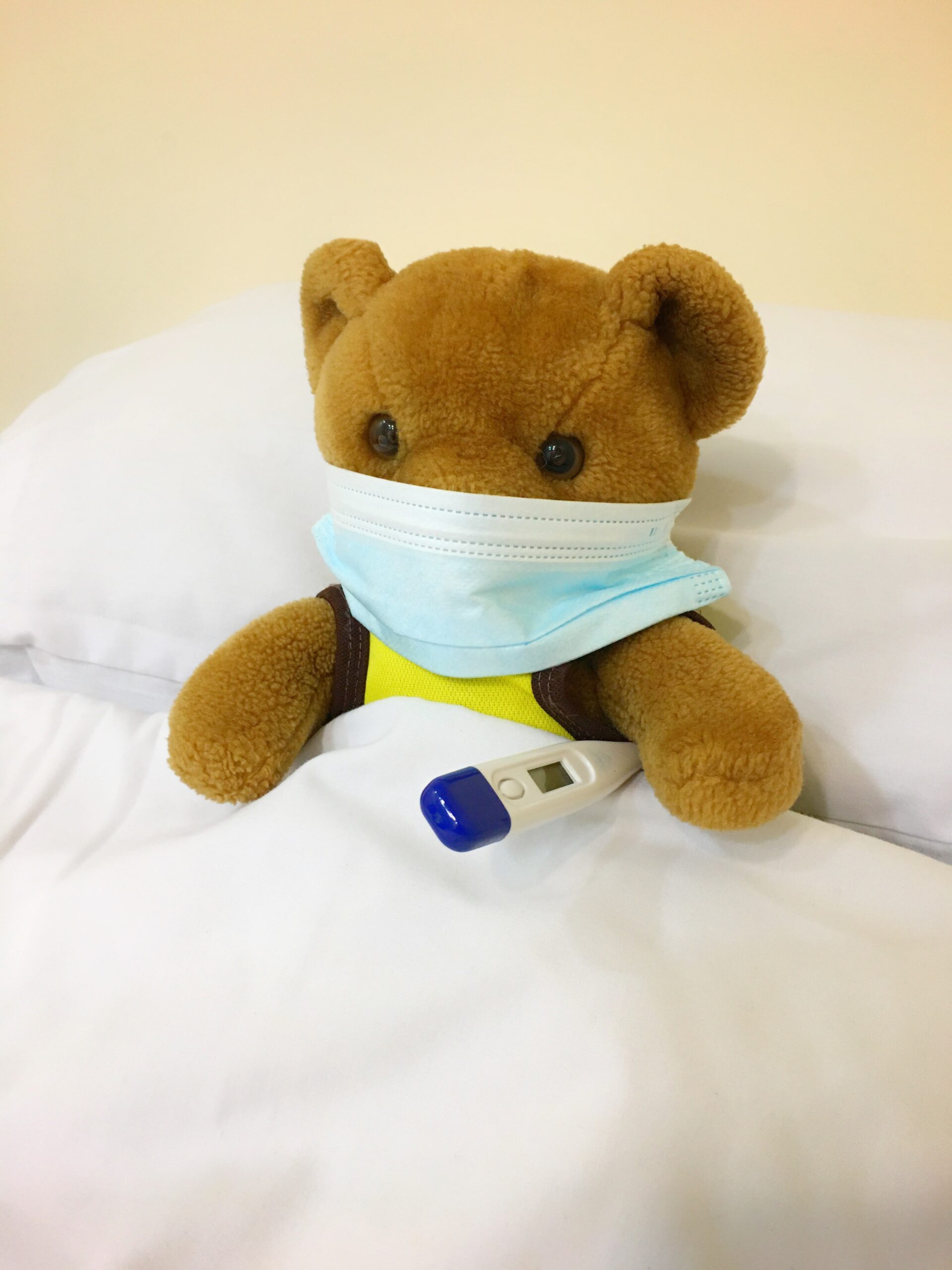
It is recommended to self-isolate in a well-ventilated room away from your housemates if you have had a suspected or confirmed COVID-19 exposure or if you are COVID-19 positive. If you are feeling unwell and if your symptoms start getting worse, it would be best to visit the doctor or use an online and official medical consultation platform to seek proper medical evaluation.
As a general rule of thumb, if you feel sick or under the weather with potential covid symptoms, it would be advised to seek medical treatment early. If you have consulted a doctor in person, remember to head home immediately instead of wandering about outside. Even if the results come back negative, it is still important to take extra precautions, and when feeling unwell, it is better to rest and recover at home – unknown germs and bacteria outside may slow your recovery process. Moreover, staying home when you are sick is socially responsible as you would be reducing the risks of any germs, bacteria or viruses from spreading in public.
While the mask mandate has been eased, it is still a requirement to wear face masks on public transport and in healthcare facilities. If you are planning to visit the doctor in person, please remember to bring and wear your face mask.
For lower-risk individuals with milder symptoms, such as a mild fever, cough or sore throat, your doctor will order a healthcare-administered ART test. If you test negative, your doctor will advise you accordingly. If you test positive, your doctor will continue to care for you under Protocol 2. Visit this page to find out more. You will receive an SMS within 24 hours upon notification of your positive result containing a link to fill in a form. If you run out of ART test kits, you can collect more from a nearby vending machine, but remember to return home immediately to reduce the potential risks of spreading the virus. Find the locations of these vending machines and collection details here.
For higher-risk individuals, such as the elderly, immunocompromised, or those with severe symptoms. Your doctor will order both a healthcare-administered ART and a PCR swab. For patients experiencing severe symptoms, such as chest pains, shortness of breath, or prolonged fever, your doctor will convey you to a hospital for further assessment.
For the rest, your doctor will advise you to immediately return home and self-isolate in a room while waiting for your PCR test result. If you test negative, please follow the advice of your doctor. If you test positive, MOH will contact you on your recovery journey. If assessed suitable, you may still be able to recover at home under MOH’s Home Recovery Programme. Otherwise, you will be conveyed to a care facility.
An alternative to a physical doctor visit is opting for telemedicine services where you can get a professional doctor appointment and consultation online. These online consultation services have been rising in popularity since the start of covid and can be a viable option to consider if you are not up to a physical doctor visit.
Since the situation is still extremely fluid, it is important to keep up to date with any changes or updates in the safety protocols. Visit official government sites to receive regular updates on the necessary steps to take.
Continue to practice social distancing
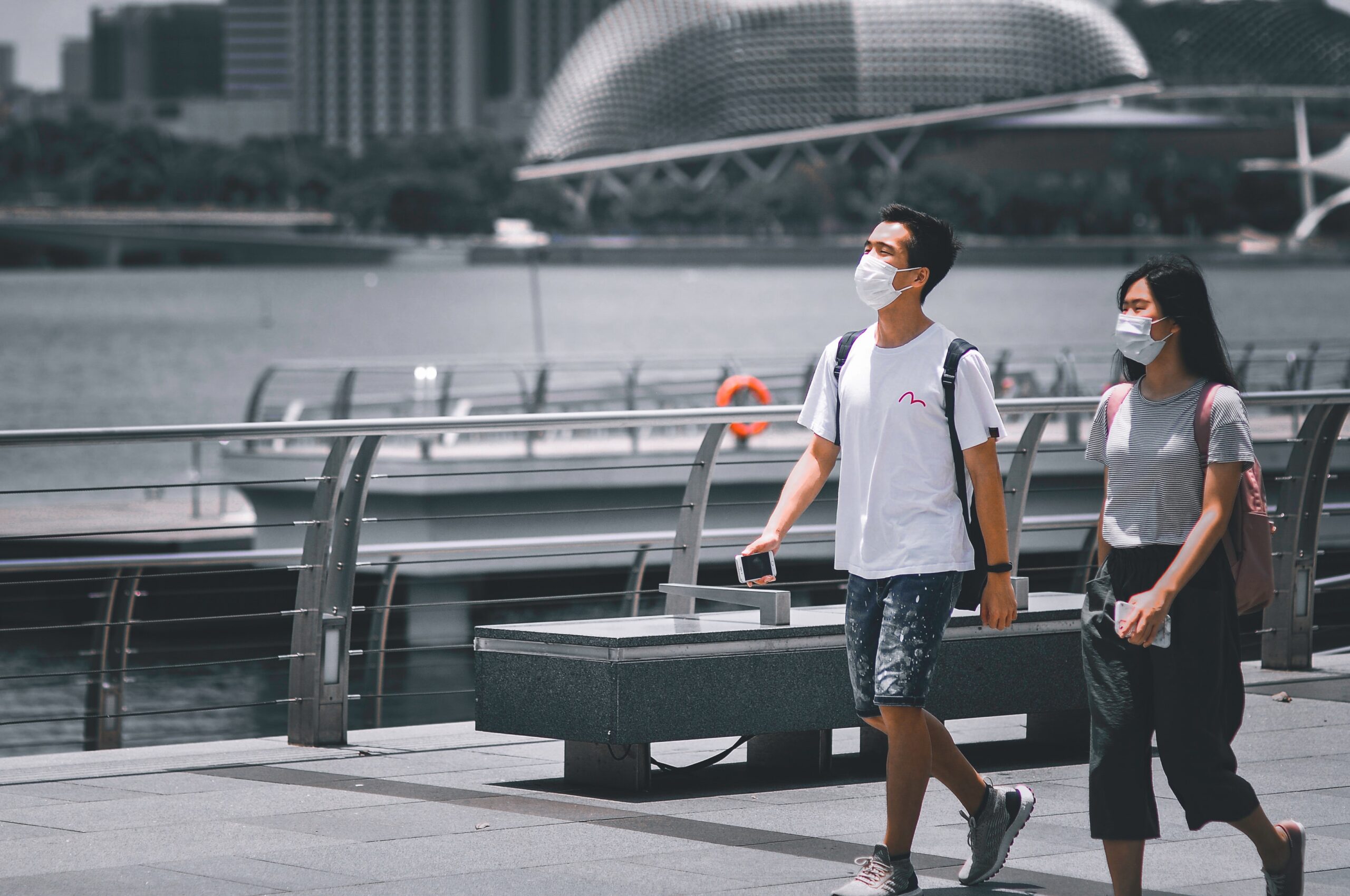
While social distancing is no longer mandatory between groups or individuals, COVID-19 is still airborne and to help slow the spread of the virus, maintaining and practising social distancing can help the overall situation. If possible, continue to maintain at least a distance of one metre between you and other people around you.
Even when outdoors, social distancing would be recommended. Especially now that the mask mandate has been lifted, there is no longer a barrier of protection between you and others; thus, maintaining a larger distance between groups can help to reduce the chances of the spreading of the virus.
In an office setting, it would still be recommended to continue practising social distancing measures as well. If possible, consider opting for remote meetings through video calls or instant messaging chats instead of having face-to-face meetings. If long meetings are required, they should be done so in a well-ventilated room.
In general, we come into contact with many foreign objects, surfaces, and bacteria throughout the day as we go about our daily lives. While this is unavoidable, a good way to maintain better hygiene is to still refrain from shaking hands and instead replace your greeting with a handwave, air-five, or other interesting variations that limit unnecessary contact.
Although social distancing has eased, we should still be mindful and avoid larger-group locations. If you are not feeling well, remember to self-isolate and social distance yourself instead of going out and mingling with others. We all need to do our part to keep the spread low.
Cover your mouth and nose if you need to cough or sneeze
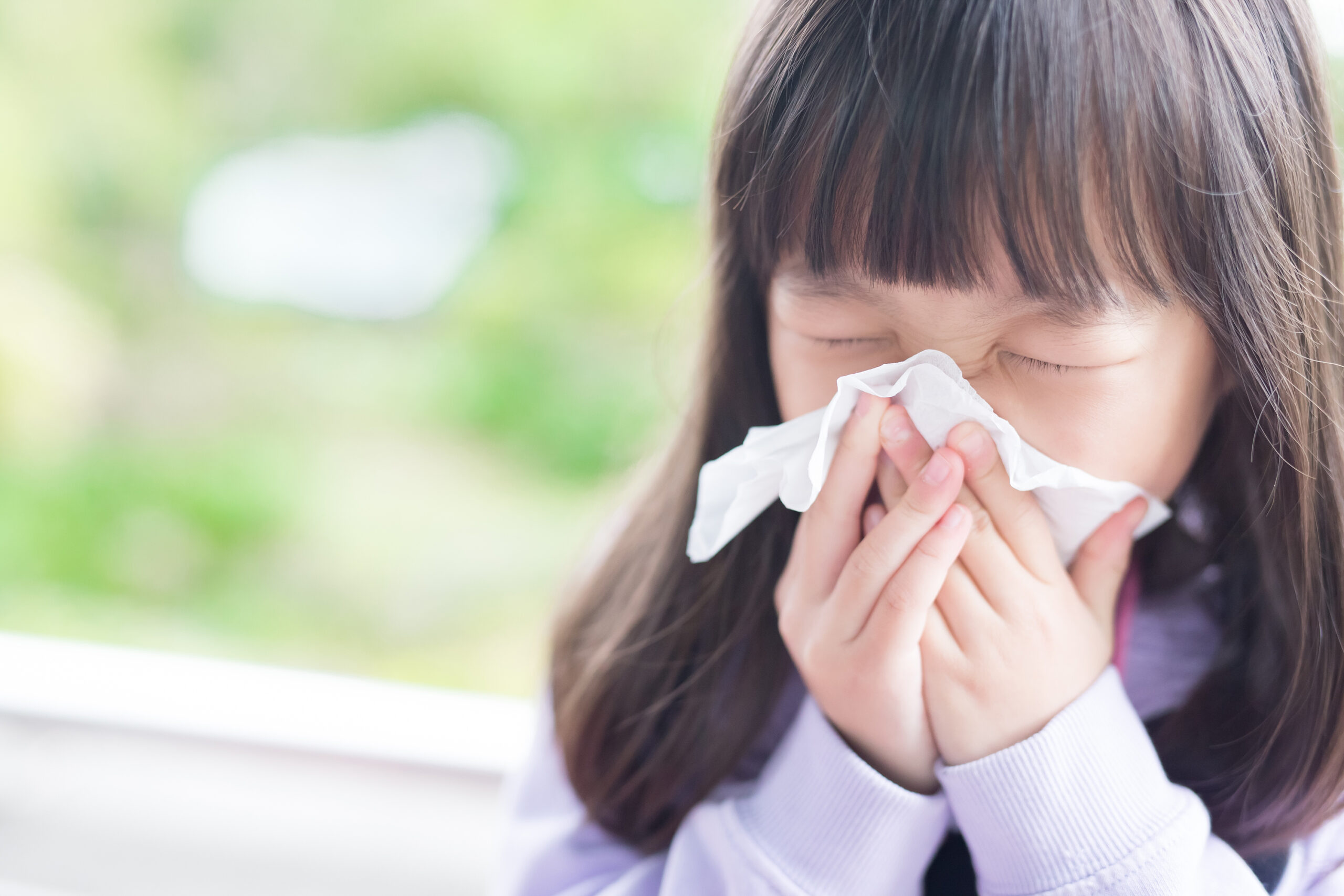
Covering your mouth and nose when you sneeze or cough is a good way to prevent germs from propelling and spreading in the surrounding areas near you. One of the greatest hygiene etiquette to practice is to cover your mouth and nose with a tissue when you cough or sneeze to help stop the spread of germs.
It has been studied that a sneeze can travel up to 8 metres, depending on the environment, size of the droplets expelled and the lung capacity of the individual. Whereas a cough can travel up to 6 metres. And an even more concerning statistic is that the droplets expelled from sneezes or coughs can stay in the air for up to 10 minutes. Thus, with an airborne virus such as COVID-19 still prevalent in the society, it is important to observe and practise good hygiene habits.
If you do not have a tissue readily available, cough or sneeze into your upper sleeve, not your hands. Trash your used tissue immediately in a wastebasket. It is also important to wash or sanitise your hands after so that the germs do not spread to other surfaces.
Integrating this simple habit into your daily life can help protect others from falling sick as well.
Shower immediately when you get home
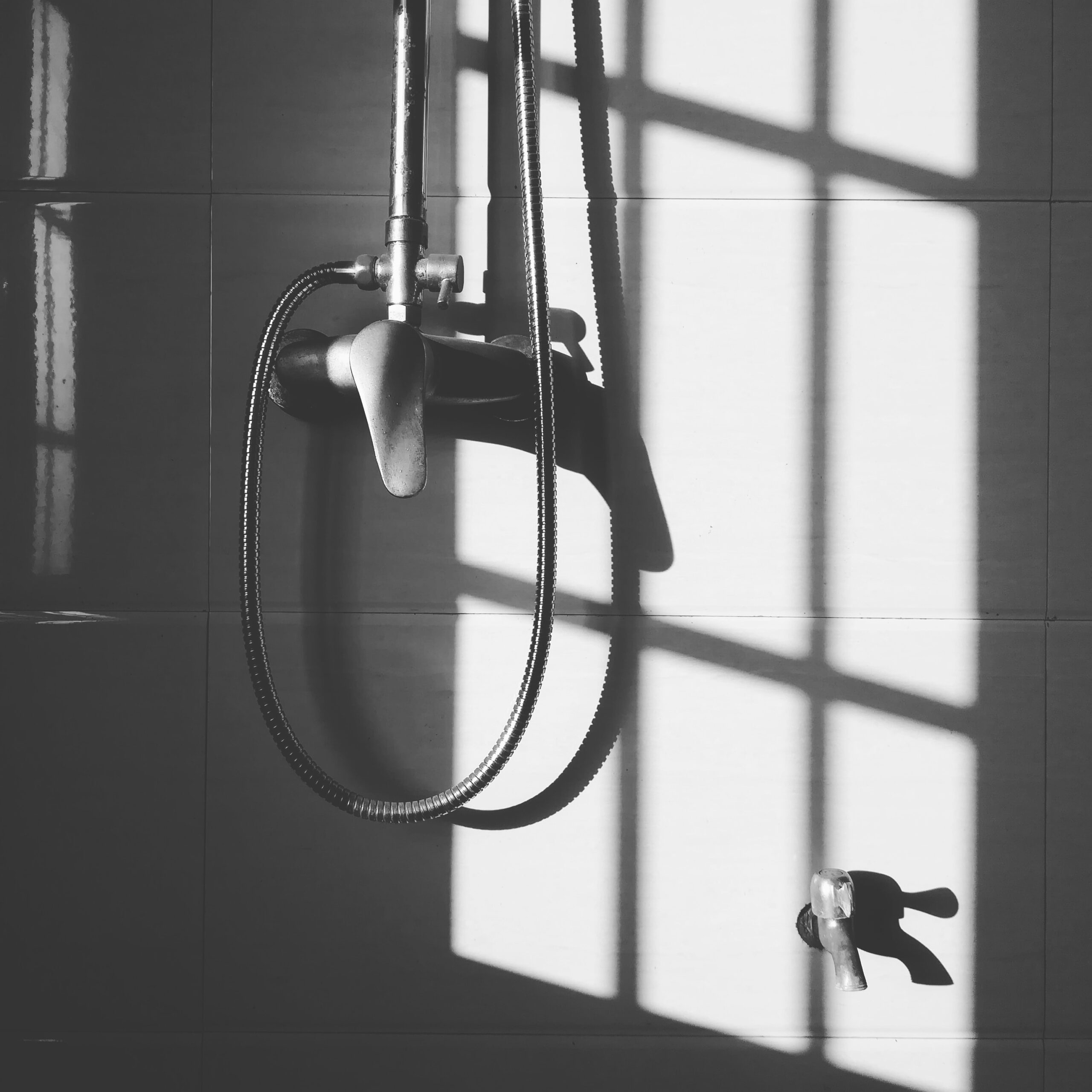
After spending a long day at work or outside in general, it is recommended to shower immediately when you reach home. This is to wash away any germs, bacteria, grime or dirt that you were potentially exposed to outside before going about your regular home routines.
Germs and bacteria can stay active in our bodies for hours and even days in some cases. If you do not have the habit of going into the showers when you get home, now is the best time to make a change. A quick rinse under running water is not effective in helping you rid yourself of any germs or bacteria stuck on the surface of your skin. Instead, it would be recommended to hop into a warm shower to help kill any germs and bacteria. During the shower, adequate amounts of shampoo and body wash should be used to strip any surface of germs and bacteria better.
If you wear glasses, remember to also give them a good wash to remove any dirt, germs or bacteria accumulated on the surface.

A way to make your showers more enjoyable and relaxing is to jump into a warm shower at the end of your day to unwind and decompress while ridding yourself of all the build of grime and dirt. With Rheem’s Prestige Platinum Instant Water Heater, you are guaranteed a premium, luxurious and relaxing hot shower experience. The Prestige Platinum Instant Water Heater is equipped with a high-quality incoloy heating element that allows you to enjoy instantaneous hot showers. With its LCD touch-screen display, you can also easily control the temperature of your showers at the simple touch of your fingertip.
The Prestige Instant Water Heater Series also has a replaceable stainless steel heating chamber. This means that in the unlikely case of the heating chamber malfunctioning, instead of changing the whole water heating unit, only that specific part would require a replacement. Thus, making overall maintenance and upkeep much more convenient.
Rheem’s instant water heaters are all equipped with a splash-proof case that has an IP25 protection to provide more protection to the inner components of the water heater. So, when you are showering and scrubbing off all the grime and dirt off your skin, you would not have to worry about water splashing onto your water heating appliance.
Enjoy convenience, luxury and quality with Rheem’s Prestige Platinum Instant Water Heater. Find out more about Rheem’s Prestige Platinum Instant Water Heater here. Check out our extensive range of water heaters here.
Conclusion
In these uncertain and fluid times we live in, where safety precautions and mandates are constantly changing with the situation we are currently in, it is important that we do our part to ensure that we are able to live as safely and normally as possible. With that being said, the five simple and easy habits mentioned above can definitely help to protect yourself and your loved ones.
References:
https://www.sciencefocus.com/the-human-body/how-far-do-coughs-and-sneezes-travel/
Subscribe

At Rheem, we strive to innovate
best-in-class products to lead the industry
in
environmental improvements.
Sustainability